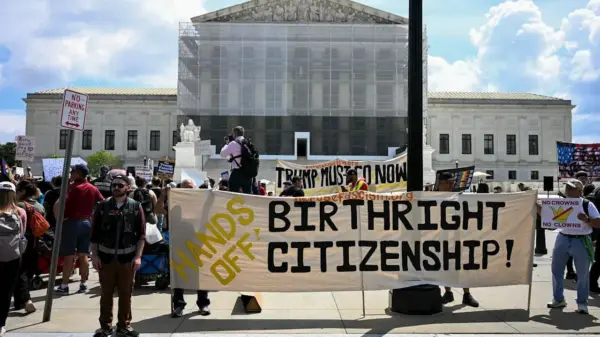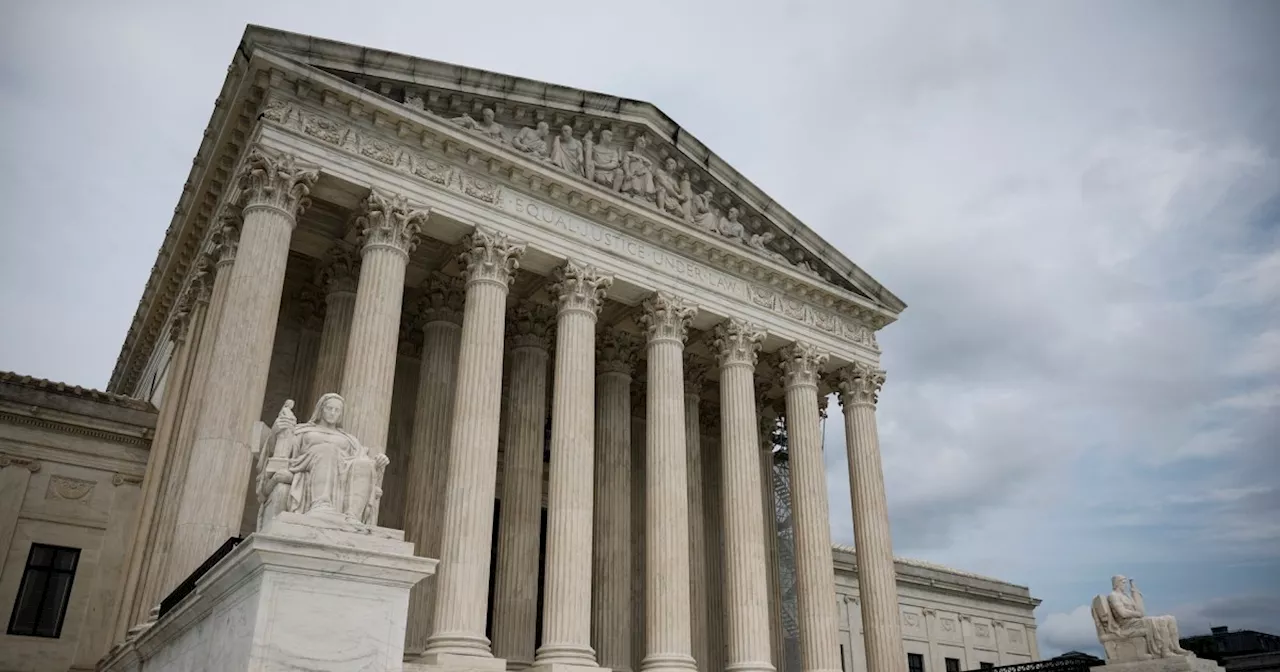A decision by a federal court has cleared the way for the Republican Party’s initiative to defund Planned Parenthood, impacting health services across several states. On March 28, 2024, the court’s ruling enables states to withdraw Medicaid funding from the organization, which provides crucial reproductive health services, including cancer screenings and contraceptive care.
The ruling originates from a lawsuit related to funding practices in states like Texas, California, and New Hampshire. The court found that states have the discretion to determine which organizations receive Medicaid funds, aligning with the GOP’s ongoing efforts to reduce financial support for Planned Parenthood. This organization has been a focal point in the political debate over reproductive rights in the United States.
Planned Parenthood has responded to the court’s decision with significant concern, stating that this move will jeopardize access to vital health services for low-income individuals. The organization serves millions of patients nationwide, and any reduction in funding could lead to a decline in available services, particularly in rural and underserved areas.
The ruling is a culmination of years of legislative actions aimed at limiting federal funds to organizations involved in providing or promoting abortion services. Critics of the decision argue that it disproportionately affects low-income women who rely on Planned Parenthood for affordable healthcare. According to Planned Parenthood Federation of America, nearly 40% of their patients rely on Medicaid for care.
As states consider their next steps, the potential impact on public health remains a significant concern. Many advocates fear that the loss of funding could lead to increased rates of unintended pregnancies and reduced access to essential preventative care.
In response to the ruling, various health organizations and civil rights groups have expressed their intentions to challenge the decision. They argue that restricting access to reproductive health services undermines public health initiatives and infringes on women’s rights to make choices about their bodies.
The implications of this ruling extend beyond Planned Parenthood, as it raises questions about the future of healthcare funding in the United States. With the court’s decision setting a precedent, other states may follow suit, leading to further restrictions on healthcare access for marginalized populations.
As the legal battles continue, the focus remains on the potential consequences for health services and the ongoing debate regarding reproductive rights in the United States. The situation will undoubtedly evolve as stakeholders from various sides weigh in on the implications of this ruling for the future of healthcare access nationwide.




































































